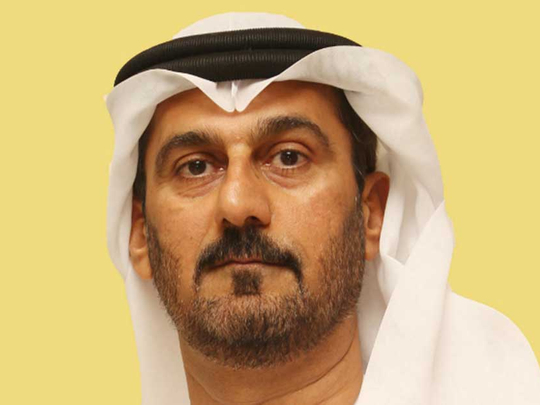
Abu Dhabi: A new legislation to regulate education at private schools and setting a minimum salary for teachers, among other measures to give a fillip to the quality of education, will soon be submitted to the Federal National Council for debate and approval, Hussain Ebrahim Al Hammadi, Minister of Education, told the Federal National Council yesterday (Tuesday).
Al Hammadi did not speak of a time-frame as to when the law will be enforced or how much the minimum salary will be but noted that “it will be a comprehensive legislation addressing not just salaries of teachers but also all aspects of education at private school”.
“The law was prepared in close coordination with the Abu Dhabi Education Council and the Knowledge and Human Development Authority — education regulators in Abu Dhabi and Dubai,” the education minister said.
The minister stressed developing the educational system in the UAE is part of a wider concept which uses modern science as a basis to drive innovation in education to achieve the primary goals of the National Agenda 2021.
Al Hammadi was answering a question from Sultan Juma Al Shamsi, a member from Ajman, Al Shamsi said since 1999, the rules in the UAE private schools had been stating that administrative, teaching and technical staff must be paid a monthly basic salary of at least Dh2,000. “Even this minimum basic salary was recently abolished leaving all recruitment terms of teachers to job contracts signed with the schools.
“In a trip to schools in Ajman, I found many teachers who make just Dh2,000 and others sponsored by their parents or husbands earning only Dh1,800. Bus drivers make more money than teachers employed by many schools in the northern emirates,” Al Shamsi said.
Al Shamsi said he thinks some action should be taken to resolve the issue of low salaries of teachers “because it will have a negative impact on their output and, subsequently, on the quality of education in private schools”.
Dr Mona Al Bahar, a member from Dubai, blamed violence against pupils on low salaries, among other poor conditions faced by teachers.
“A study showed that some 29 per cent of a sampled community of school students are subjected to violence. This is conceivable given the unhealthy educational environment and the huge burden undertaken by teachers and educators in general,” Dr Mona said.
Dr Mona argued the UAE is facing a shortage of teachers, saying that authorities must understand that graduates are no longer interested in this profession because it is not financially rewarding.
The education minister said the law would overhaul the entire education sector, including teacher’s salaries.
Al Hammadi said the law will address qualifications, experiences and responsibilities of teachers and educators.
Members of the House told the education minister that as the UAE is preparing Emiratis and building a generation of innovators by consolidating a national culture that encourages creativity and ways to benefit from modern technology, teachers should top priorities before students and curricula.
As for public schools, the salaries for both Emiratis and expatriates follow a fixed outline structured by the Ministry of Education.











